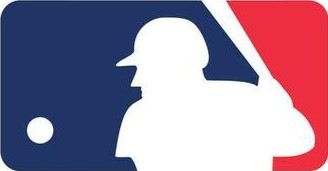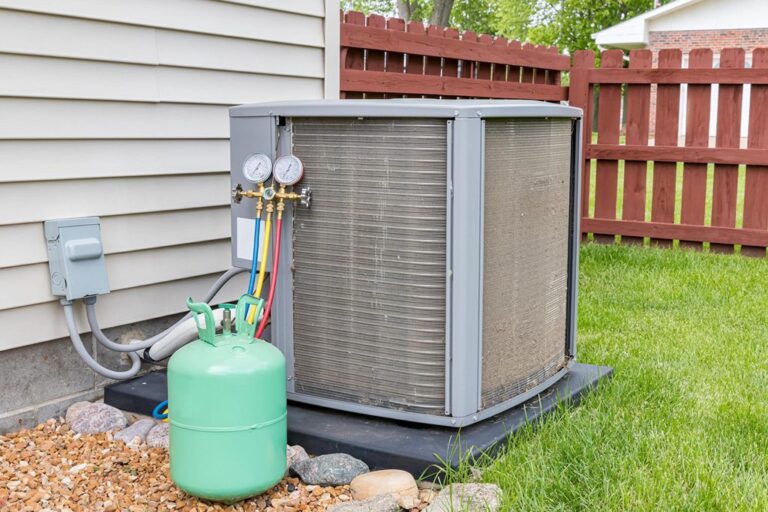A scorching summer in San Diego is no time for an AC breakdown. When your HVAC unit stops cooling effectively, a refrigerant leak might be the culprit. Refrigerant isn’t like gasoline in a car; it circulates in a closed system, and its level should remain constant. If you’ve noticed your AC isn’t working as well as it used to, it might be time to call a professional for a refrigerant recharge (freon recharge).
Here are 5 key signs to look out for:
Sign 1: The AC is blowing warm air
If you live in San Diego and have your thermostat set to a cool temperature, but the air coming out of the vents is room temperature, it’s almost always a sign of a refrigerant issue. An insufficient amount of freon prevents the system from properly absorbing heat from your home and transferring it outside. As a result, the AC unit just circulates warm air.
Sign 2: Hissing or gurgling sounds
Your HVAC system should operate quietly. If you hear strange hissing or gurgling sounds, it could be a sign of a leak.
- Hissing often occurs when refrigerant gas escapes through a tiny crack.
- Gurgling happens due to air bubbles in the refrigerant.
These noises are a clear sign that the system is losing freon.
Sign 3: Ice buildup on the evaporator coil
If you notice ice on your AC lines or the evaporator coil, it’s a sign of a serious problem. A lack of refrigerant causes a drop in system pressure, and the temperature of the evaporator coil drops below freezing. This blocks airflow and can damage the compressor. Don’t ignore this sign — call an HVAC technician in San Diego immediately.
Sign 4: Higher electricity bills
With insufficient freon, your AC unit runs longer to reach the set temperature. This increases the load on the compressor, leading to higher energy consumption. If your electricity bills in San Diego have unexpectedly shot up, it could be a hidden sign that your system needs a freon recharge.
Sign 5: The AC frequently cycles on and off
If your HVAC unit turns on and off in short bursts, it’s a consequence of low pressure. The compressor overheats and shuts down due to its safety mechanism. This condition, known as “short cycling,” not only reduces efficiency but also speeds up equipment wear.
What to do if you notice these signs?
- Turn off the AC to prevent the compressor from overheating.
- Call a certified HVAC professional for a diagnosis.
- Get the system recharged with certified refrigerant.
- Check connections for leaks.
- Schedule preventive maintenance at least once a year.
⚠ Do not attempt to recharge the AC yourself.
This requires a license and specialized equipment!
Frequently Asked Questions (FAQ)
No. According to EPA requirements, only certified specialists are allowed to work with refrigerants. Attempting a DIY recharge can damage the equipment and lead to fines.
The cost depends on the AC model, the amount of refrigerant needed, and the complexity of the repair. On average, a diagnosis and recharge start from $150–250.
Yes. A lack of refrigerant can lead to compressor overload, system freezing, and costly repairs.
Refrigerant is not consumed; a recharge is only needed in case of a leak. If the system is sealed, the refrigerant does not need to be replaced.
If you suspect your AC needs service, contact us 📱
Don’t wait for the heat to catch you off guard!
Our specialists in San Diego will quickly diagnose the issue, find and fix the leak, and then safely recharge the freon according to all standards.
Did you like this article and find it helpful? Share the link with your friends!
- Published on





